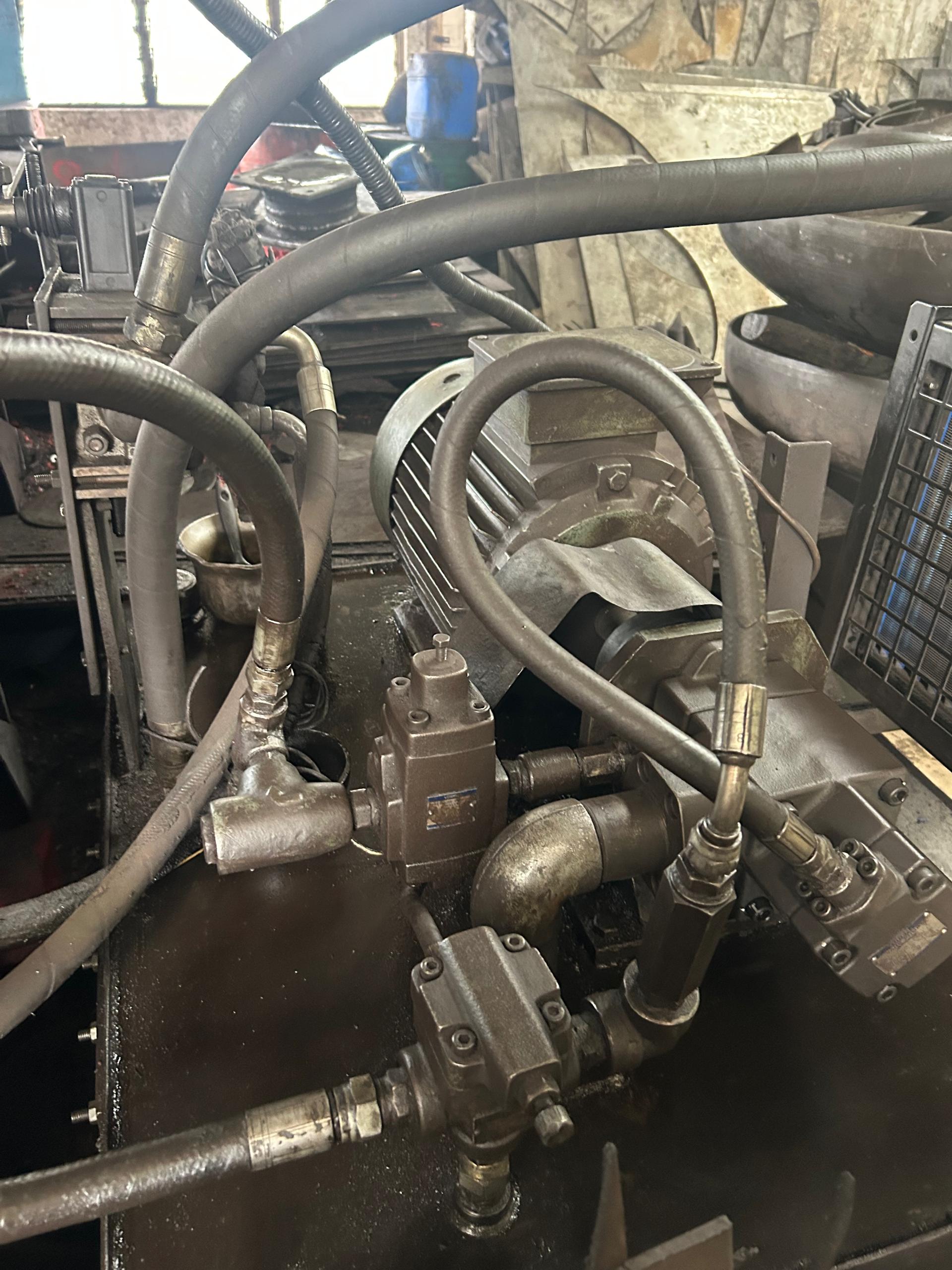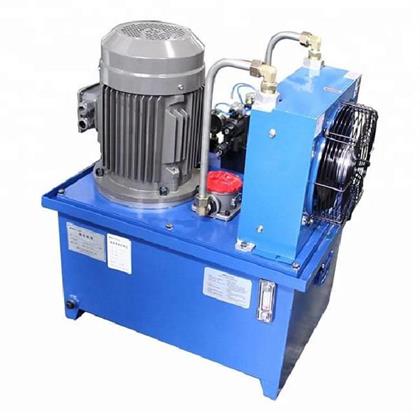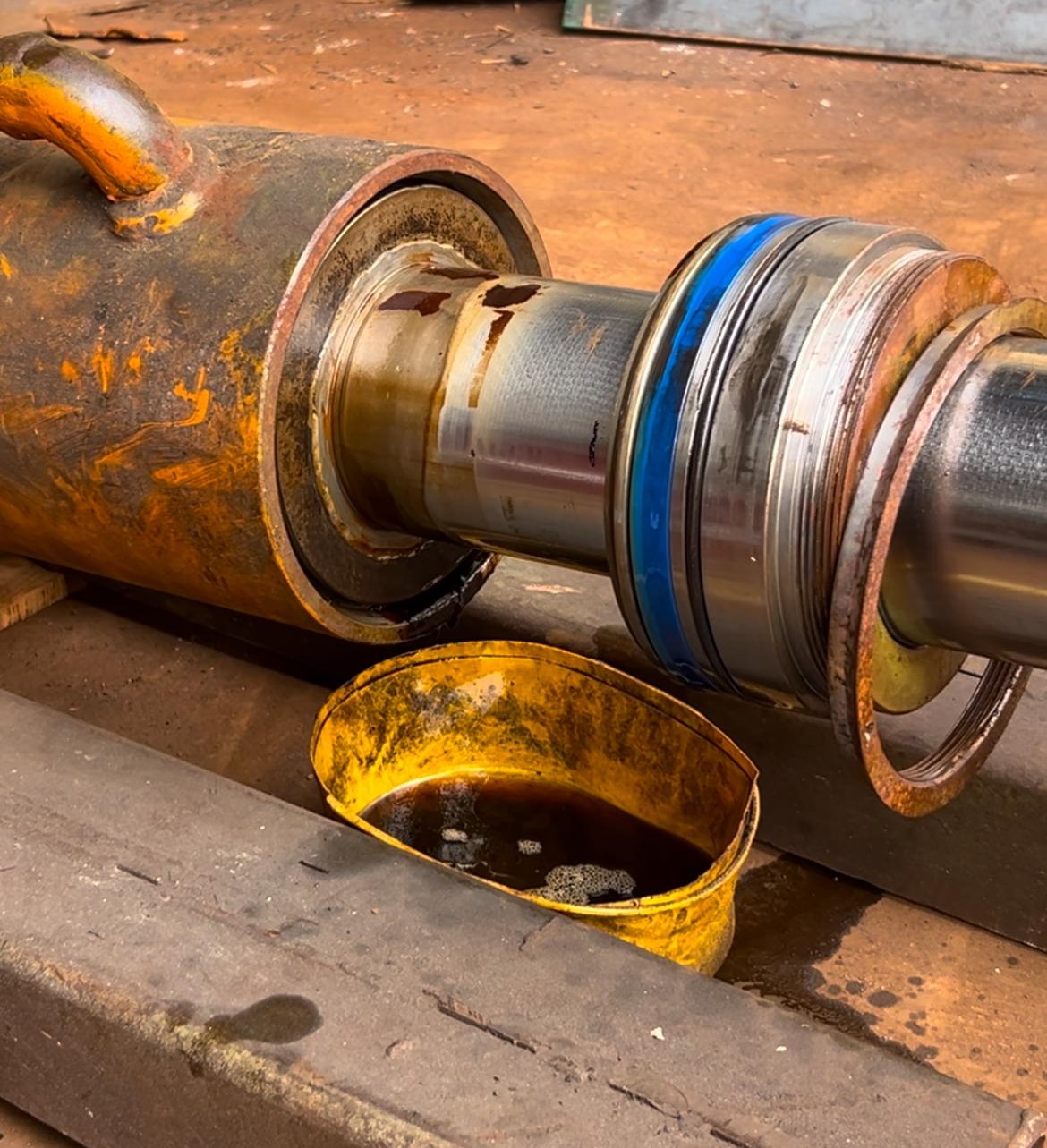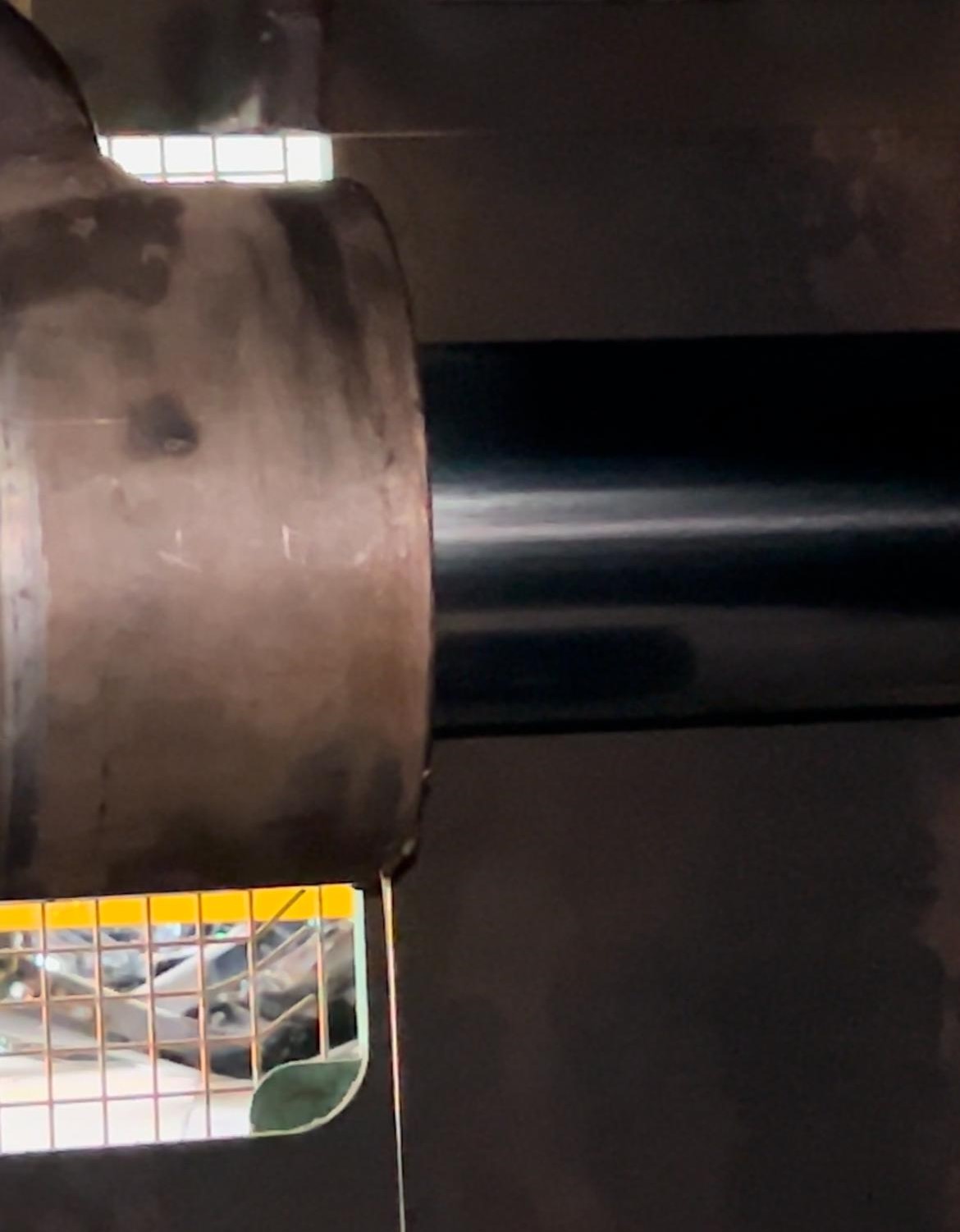Hydraulic systems are the backbone of many industries in Malaysia, especially in states like Selangor and Penang, where the manufacturing sector is thriving. From powering production lines to operating heavy machinery on construction sites, hydraulic systems play a pivotal role in keeping industries running smoothly. However, like any mechanical system, hydraulic systems are not immune to failures, which can disrupt workflows, incur costly downtime, and even pose safety hazards. Let’s delve into the common issues faced by hydraulic systems in Malaysia and explore practical solutions to prevent them.

Imagine trying to run a marathon with dirty water in your bottle. That’s exactly what fluid contamination does to a hydraulic system. In Malaysia’s manufacturing plants, the environment can be dusty and dirty, making it easy for contaminants like dirt, debris, and even water to enter hydraulic systems. Once inside, these contaminants can wreak havoc on components, reducing efficiency and accelerating wear and tear.
To combat this, industries in Malaysia must invest in high-quality filtration systems to trap debris. Regular filter checks and replacements, coupled with routine fluid testing, can help detect contamination early. For example, in Selangor’s bustling manufacturing sector, these preventive measures can significantly reduce downtime and extend the lifespan of machinery.

Overheating is a common issue that plagues hydraulic systems, especially in tropical climates like Malaysia’s. Excessive heat degrades hydraulic fluid, compromises lubrication, and damages seals. This not only reduces system performance but can also lead to catastrophic failures if left unchecked.
To prevent overheating, it’s essential to monitor operating temperatures using reliable gauges. Ensuring that coolers and heat exchangers are clean and functioning optimally is equally important. Additionally, selecting hydraulic fluids specifically designed to withstand Malaysia’s high temperatures can help systems perform efficiently even under extreme conditions.
Hydraulic systems in industries like manufacturing and palm oil processing are subjected to relentless use, leading to inevitable wear and tear. Over time, components such as pumps, valves, and hoses degrade, which, if neglected, can result in sudden failures.
In Malaysia, proactive maintenance is the key to managing wear and tear. Regular inspections for leaks, unusual noises, or vibrations can help identify problems early. Replacing aging components before they fail is a cost-effective strategy. Investing in high-quality spare parts, particularly from trusted suppliers, ensures durability and reduces the risk of repeated failures.

The lack of proper maintenance is often the root cause of hydraulic system failures. In Malaysia’s fast-paced industries, neglecting maintenance schedules can lead to costly repercussions. Using incorrect hydraulic fluids, ignoring fluid levels, and skipping inspections are all recipes for disaster.
Adhering to the manufacturer’s recommended maintenance schedule is crucial. For industries in areas like Selangor and Johor Bahru, where hydraulic systems are heavily relied upon, training operators and maintaining detailed maintenance records can make all the difference. Proper maintenance not only extends the life of equipment but also improves safety and operational efficiency.

Leaks are one of the most visible problems in hydraulic systems and are particularly concerning in environmentally sensitive areas such as Penang’s industrial zones. Leaks not only reduce system efficiency but also pose environmental and safety risks. Most leaks are caused by worn seals, cracked hoses, or loose fittings.
Regular inspections are crucial to preventing leaks. Checking hoses and fittings for signs of wear and promptly replacing damaged seals can help avoid major issues. Additionally, tightening connections during routine maintenance can prevent small leaks from escalating into larger problems.
Hydraulic systems rely on consistent pressure to function effectively. Pressure fluctuations or drops can cause poor performance and place undue stress on components. These issues often stem from incorrect system settings or failing pumps.
To address pressure problems, Malaysian industries should ensure systems operate within manufacturer-recommended settings. Regularly testing pumps and valves and installing pressure gauges can help monitor and adjust pressure levels as needed. This is particularly important in industries like automotive manufacturing, where precision is critical.
At Newton Hydraulics, we understand the unique challenges faced by industries in Malaysia. Whether it’s the humid climate or the demands of high-output manufacturing, we are equipped to keep your hydraulic systems in top shape. Based in Selangor, we offer a comprehensive range of services—from preventive maintenance and repairs to custom system solutions.
With decades of experience and a commitment to excellence, we’re proud to support Malaysia’s manufacturing sector, minimizing downtime and maximizing productivity. Don’t wait for problems to arise. Contact us today to learn how we can help your business thrive.
By staying proactive and following these tips, you can avoid the most common hydraulic system failures. In a competitive industrial landscape like Malaysia’s, prevention is always better than cure, ensuring your operations remain efficient, safe, and productive.

 Malaysia
Malaysia